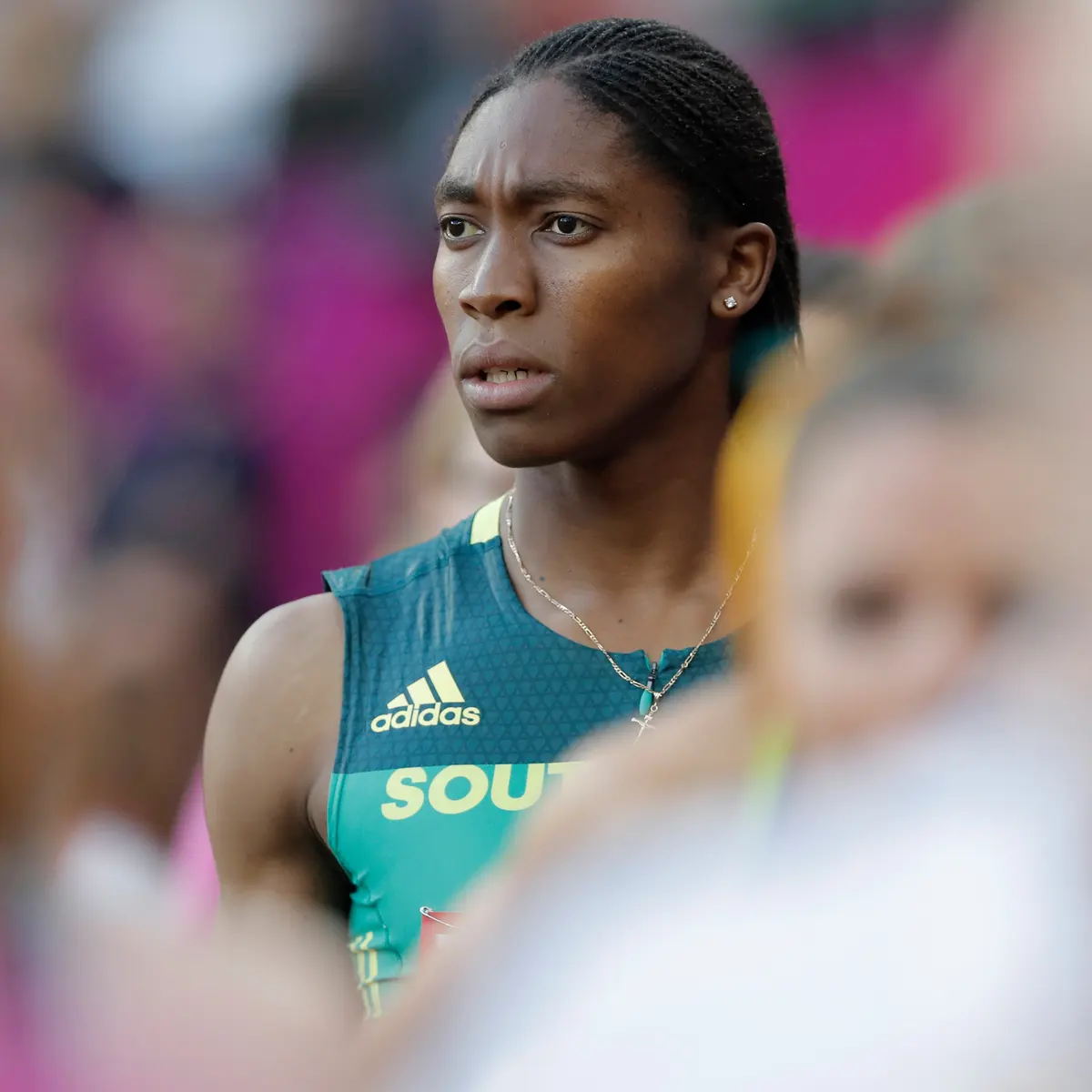Two-time Olympics and three-time world champion, Caster Semenya, has branded leaders in African athletics “cowards” for failing to stand up and fight for female athletes who are facing eligibility issues.
The 31-year-old is barred from competing in her preferred 800m race by World Athletics’ differences of sexual development (DSD) rules introduced in 2019.
READ MORE: Equatorial Guinea: Sowing the Seeds of Creativity One Camera at a Time
Athletes with high testosterone are required to medically lower their levels in order to compete in events between 400m and 1500m.
When the local press asked about Semenya’s comments and whether African athletics leadership has done enough for its athletes, Confederation of African Athletics (CAA) president Malboum Kalkaba said: “Sorry, I do not have an answer”.
Several other African athletes have been affected by the DSD rules, including Burundi’s Olympic silver medallist Francine Niyonsaba of Burundi and her fellow 800m runner Margaret Wambui of Kenya.
READ MORE: AfroSports: Nigeria without coach, Mike Brown, for Basketball World Cup qualifiers
Last year, two Namibian teenagers, Christine Mboma and Beatrice Masilingi, were forced to step down from the 400m weeks before the Tokyo Olympics after they were informed of their elevated testosterone levels.
Both Mboma and Masilingi ended up competing in the 200m in Japan, with Mboma winning a historic Olympic silver for her country.
However, Semenya, who now competes over 5000m, has questioned African leadership’s handling of the teenagers’ situation as well as its relative “silence” on the DSD matter in general.
Semenya insisted she was not downbeat to miss out on a spot in Eugene, and could even move away from the track in the future.
The South African says she is inspired by two-time Olympics champion Eliud Kipchoge’s journey from the track to the marathon.
